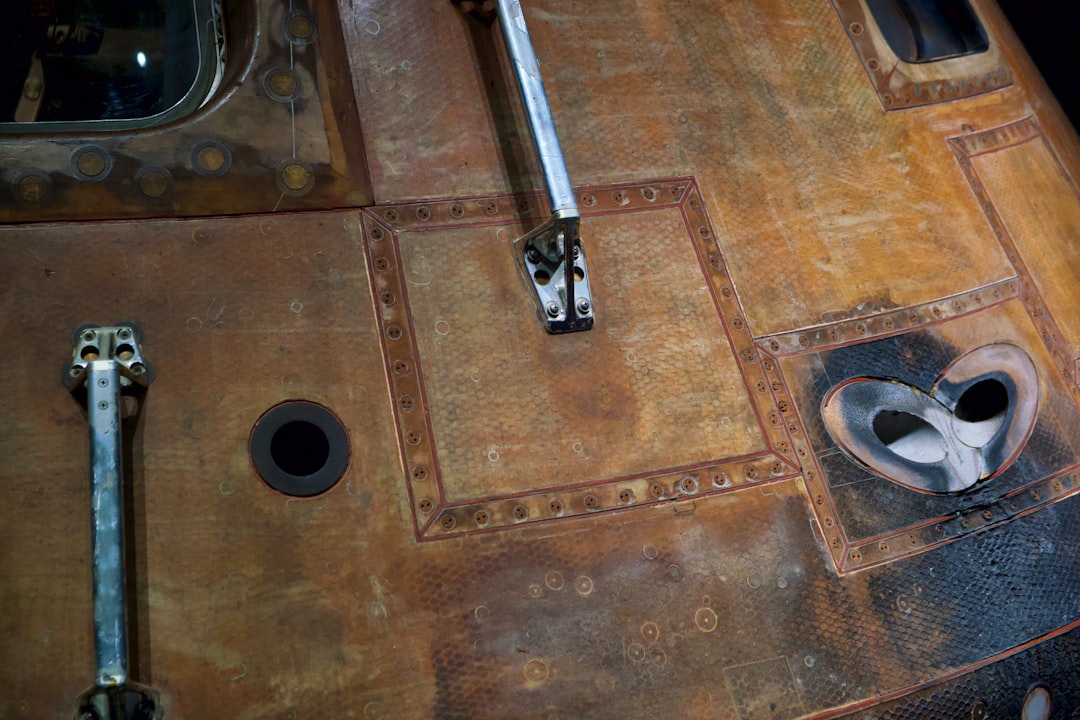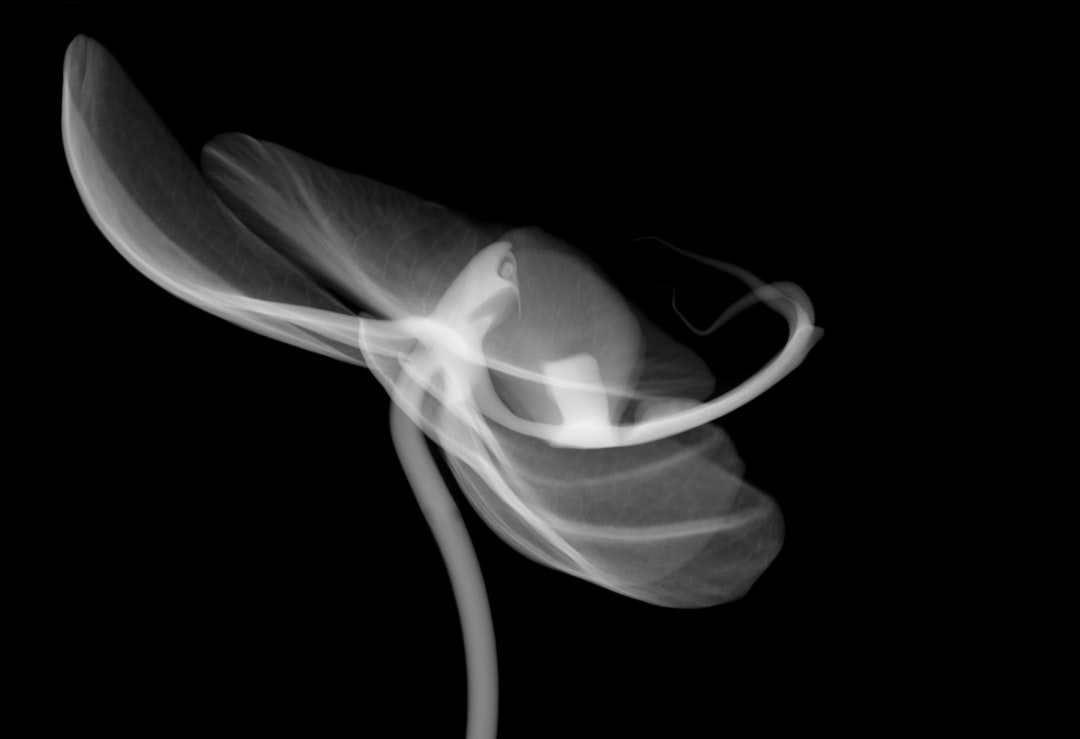
Background: Knowledge is the result of considering a case, including recall events that never happened either intentionally or unintentionally. Lack of knowledge about brushing teeth is very influential in personal hygiene as brushing teeth include routines that must be done every day. Results of a preliminary study that researchers do in SDS Kartini in 2013, showed that after the interview about the importance of brushing your teeth, 3 out of 10 children can answer questions correctly and 7 children can not answer the question correctly. It can be concluded that there is still a lack of knowledge of the students at SDS Kartini. In improving the knowledge to do with one of the health education video modeling. This study want to analyze different knowledge between before and after giving health education. Methods: This study used a pre-experimental research design with the approach of one group pretest-posttest design. The population in this study were children aged 6-12 years in SDS Kartini. The sampling technique in this research is simple random sampling with a sample size of 32 people. Data collection is done at the time before and after health education using a questionnaire of 25 questions. Analysis of statistical data used is dependent t test. Results: The results obtained from this study is the knowledge before intervention (pretest) is 50.84 and knowledge after intervention (posttest) is 89.22 with p value (sig) of 0.000. Conclusion: Based on the results, there are significant differences in the level of knowledge before and after being given health education.



